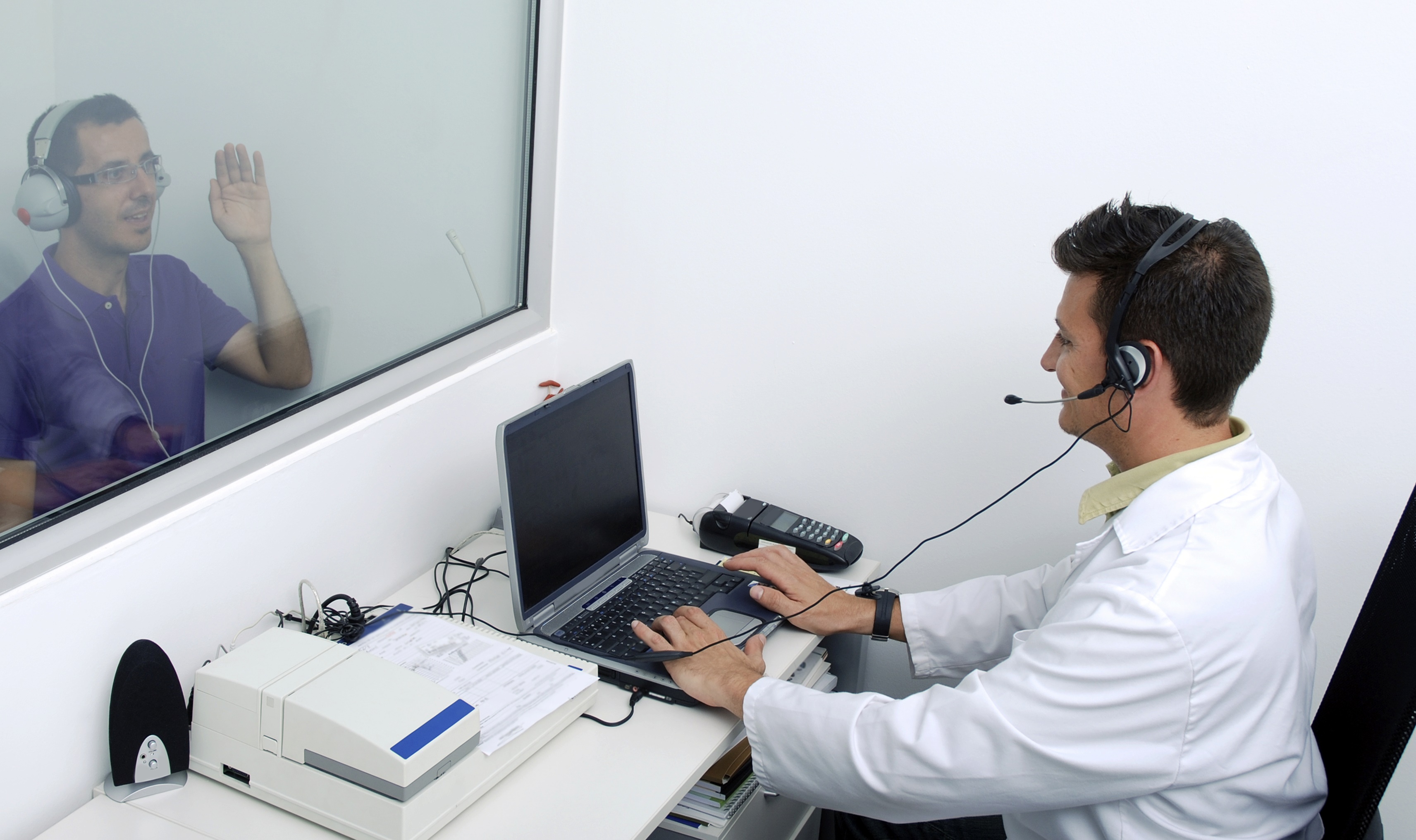
Congratulations on taking the first step toward healthier hearing by scheduling your hearing exam. You’re already ahead of the game, as a great number of people delay getting a hearing test for many years—in some instances decades.
But now that you’ve scheduled your hearing test, you’ll want to ensure that you’re well prepared for the consultation, especially if test results show that you could benefit from hearing aids. Selecting hearing aids can be challenging, but if you ask the right questions, your hearing care professional can help guide you to the ideal technology.
To attain the best hearing possible, remember to ask these five questions at your upcoming hearing test.
1. What type of hearing loss do I have?
Your hearing care professional will test your hearing using the most current technology, and the results of the test will be printed on a diagram referred to as an audiogram. See to it that your hearing professional reviews the audiogram with you and clarifies:
- The type and severity of your hearing loss. High-frequency hearing loss is most common, and is further classified as mild, moderate, severe, or profound.
- How hearing aids will help, and if and why you’d require hearing aids for one or both ears. Hearing loss in both ears is best managed with two hearing aids, and the audiogram will demonstrate the results for both ears.
2. Which hearing aid is best for my needs?
Each patient’s hearing loss and hearing needs are unique. The more your hearing professional understands about your lifestyle, the better they can suggest the suitable technology.
If you’re particularly active, for example, you may want to consider the latest hearing aid technology with wireless functionality. If you don’t need all of the special features, on the other hand, a more practical option is probably a better fit.
3. What are my options for financing?
Next is everyone’s least popular topic—price. Although you should bear in mind that the benefits of hearing aids far outnumber the cost (the monthly cost in most instances being lower than the cable TV bill), the price can still seem high.
A number of financing options are available that can help cover the expense, although not all options are available to every individual. Even so, you should check with your hearing professional regarding some of these sources:
- private insurance (rare but worth inquiring about)
- Medicare and Medicaid
- VA benefits
- charitable organizations
- state programs
- financing options (special healthcare credit arrangements)
4. How can I best adapt to my new hearing aids?
After you’ve identified your preferred hearing aids and have had them professionally fit, you can return home and immediately hear perfectly without any issues, correct?
Not exactly. As with anything new, you’ll require some time to adjust. You’ll be experiencing sounds you haven’t heard in a long while, your voice may sound unusual, and the fit of the hearing aid may feel strange. This is perfectly common and expected, and will take care of itself in a short amount of time. You just have to be patient.
See to it that your hearing professional gives you tips on how to best adapt to your hearing aids, including how to operate them and how to learn the features.
5. How do I maintain my hearing aids?
Hearing aids are sophisticated and dependable devices that should operate reliably for many years. Even so, they will require consistent cleaning and care. Ask your hearing professional about cleaning kits and practices, storage solutions, accessories, and battery management.
Also, it’s a wise decision to have your hearing specialist professionally clean your hearing aids one or two times a year.
As you start preparing for your hearing test, remember that obtaining the best outcome requires:
- comprehending your hearing loss
- matching your hearing loss and lifestyle to the right technology
- finding an affordable solution based on your budget
- professionally fitting and programming your new hearing aids
- adapting to and maintaining your hearing aids
With the help of your local hearing care professional—and by asking the right questions—you can ensure the best results and a life of better hearing.
